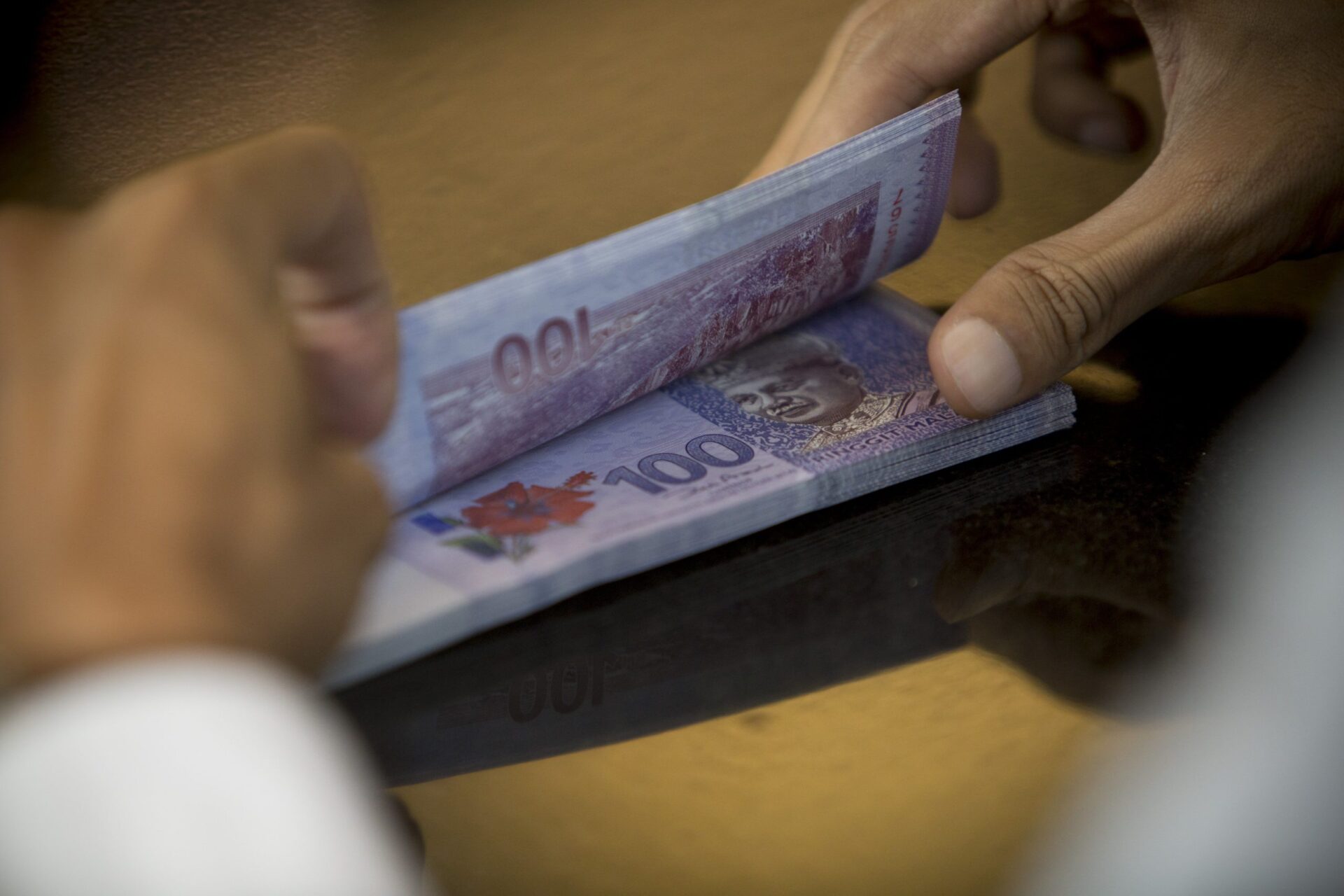- Sale of National Assets’ll Reduce Govt Borrowing — Experts
As the debate over the nation’s debt sustainability continues, economic and financial experts have advised the Federal Government to sell some national assets as part of measures to increase its revenue.
The nation’s rising debt profile has raised concerns among experts and other stakeholders in recent times, with the World Bank describing the government’s debt servicing costs as unsustainable.
The Federal Government’s interest-to-revenue ratio rose from 33 per cent in 2015 to 59 per cent in 2016, the World Bank said in a report released earlier this month.
Last week, the Minister of Finance, Mrs. Kemi Adeosun, admitted that the debt burden had escalated when she said the government could not borrow any more and needed to generate funds domestically to fund its budget.
In a contradiction to Adeosun’s statement, the Ministry of Finance on Thursday said the government would continue to borrow from foreign and domestic financial institutions to fund its programmes.
But experts said the government should look more inwards by selling some idle national assets to shore up its revenue.
The Chairman, Nigerian Economic Summit Group, a private sector think-tank and policy advocacy group, Mr. Kyari Bukar, said, “The government should look at the possibility of selling some of its assets. That can generate cash that will then be used to invest properly in infrastructure.
“There are many assets that the government should look at,” he said, citing joint venture assets in the oil and gas industry as an example.
Bukar said, “The other thing that I do believe very strongly, which I don’t know whether is on the table, is that we ought to be looking at listing the NNPC on the stock exchange. Saudi Aramco is going to be listed.
“I think they are trying to put up about five per cent of the company and do an IPO. Everybody is saying this might be the largest IPO in the world. I think the Saudis are being extremely smart. Petrobras in Brazil is pretty much a publicly-owned entity.”
The Managing Director, Cowry Asset Management Limited, Mr. Johnson Chukwu, said the government could get some quick cash from sale of idle assets with some economic realisable value.
He said, “Today, we have airports that are not being optimised. Take for instance the Lagos international airport; there is no reason why we should not build it into a regional hub so that it will be a transit airport for almost all the countries of West Africa. That way, the government will attract a lot of revenue.
“Nothing stops us from privatising the airports; give them to private sector operators who will now modernise the airports into world-class standard over a period of time.
“Look at the stadia; the one in Lagos has been idle for almost 20 years. Abuja stadium is hardly used. There is nothing that stops the government from privatising the stadia for them to be restructured. There is nothing that stops the government from adopting the concession arrangement for the Lagos-Kano rail corridor, which is commercially viable.”
Chukwu said the government had continued to pump money into the turnaround maintenance of the nation’s refineries rather than selling them.
“Look at the Federal Secretariat in Ikoyi; it is almost a dead asset. That can be a massive hotel complex if it is in the hands of private operators,” he added.
An economist and faculty member at the Lagos Business School, Dr. Bongo Adi, said the government had gone on a borrowing spree because it felt that the country’s debt-to-GDP ratio was low.
He noted that the debt servicing had gulped so much of government’s revenue, adding, “So, if they go ahead to borrow more, that increases the debt servicing going into next year, and that means the government won’t have money to do anything.”
The Federal Government, in its Economic Recovery and Growth Plan, a Medium Term Plan for 2017 to 2020, said it would reduce its stake in Joint Venture oil assets, refineries and other downstream subsidiaries such as pipelines and depots.
There have been calls for the government to consider the sale of some critical national assets to raise money to finance critical infrastructure in order to raise money to reflate the economy.
For instance, the Senate President, Dr. Bukola Saraki, on September 20, 2016 recommended the sale of some national assets and the utilisation of the proceeds for infrastructure development.
He said this was necessary for the nation to fight its way out of the current recession, adding that the measures should include the sale of the Nigeria LNG Limited; reduction of government’s share in upstream oil joint venture operations and financial institutions; and the privatisation and concession of major/regional airports and refineries.

 Naira4 weeks ago
Naira4 weeks ago
 News3 weeks ago
News3 weeks ago
 Education4 weeks ago
Education4 weeks ago
 Social Media4 weeks ago
Social Media4 weeks ago
 Economy4 weeks ago
Economy4 weeks ago
 Investment4 weeks ago
Investment4 weeks ago
 Dividends4 weeks ago
Dividends4 weeks ago
 Business3 weeks ago
Business3 weeks ago





























